aluminum circle for cookware bottom
Aluminum generally exists in the form of drawing, die casting or anodizing. Drawn aluminum is formed by rotary stamping. Because this kind of metal is soft, it is generally made into aluminum alloy with magnesium, copper or bronze to increase strength. aluminum circle for cookware bottom is widely used in baking boards, fruit juice boards, cake muffin baking pans, soup pans, steam pans, pasta pans, and even frying pans. Die cast ones are often thicker than stretched ones, making them more suitable for soup pots, Dutch pots and heavy baking pans. The thermal conductivity of aluminum die-casting products is lower than that of drawing pots because of the microscopic performance pores produced in the die-casting process. Anodized aluminum naturally contains a layer of aluminum oxide formed by electronic processing, which is hard and not easy to react with other substances. This process is often used to make juice pots, stews, roasters and Dutch roasters.
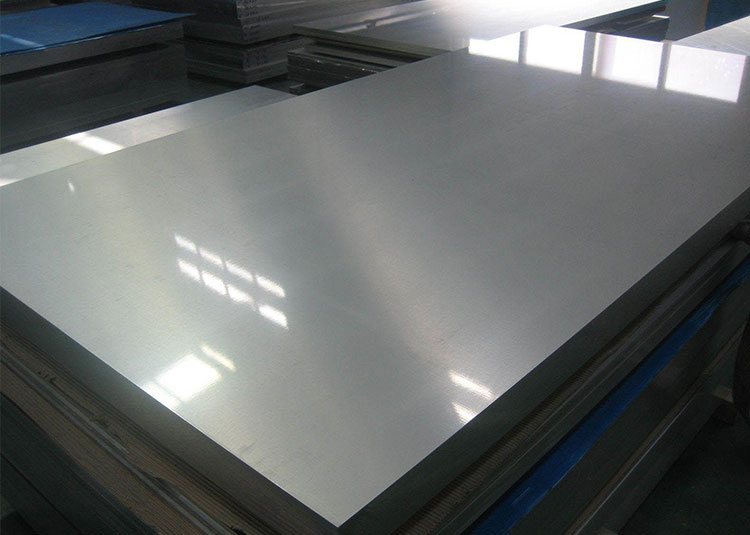
Aluminium Sheets
View Details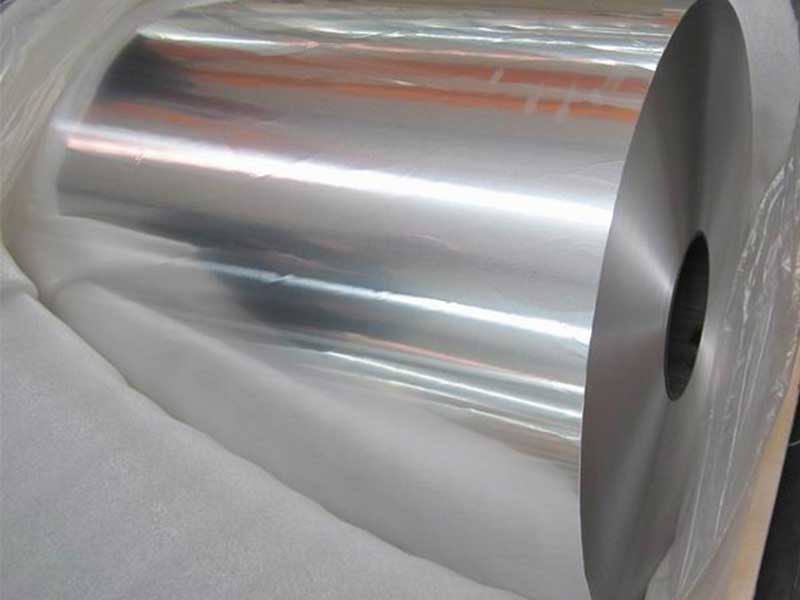
Aluminium Coils
View Details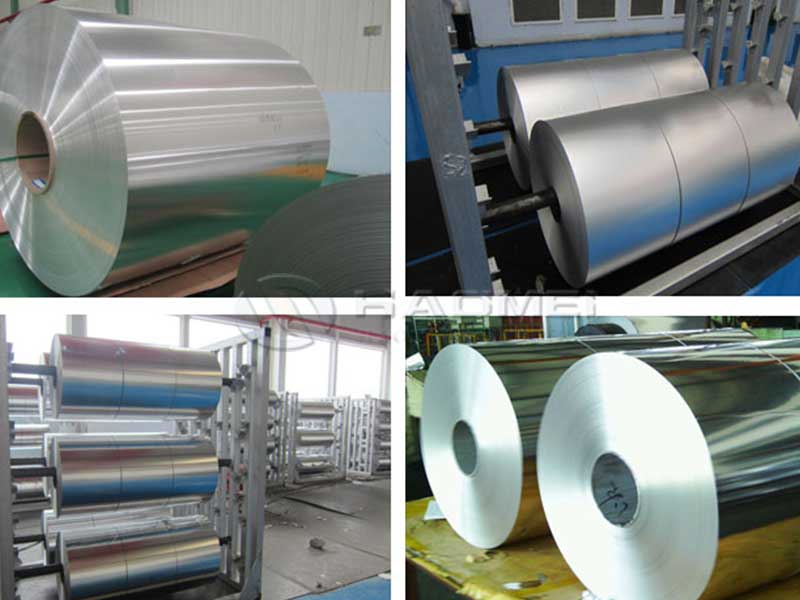
Aluminium Foils
View Details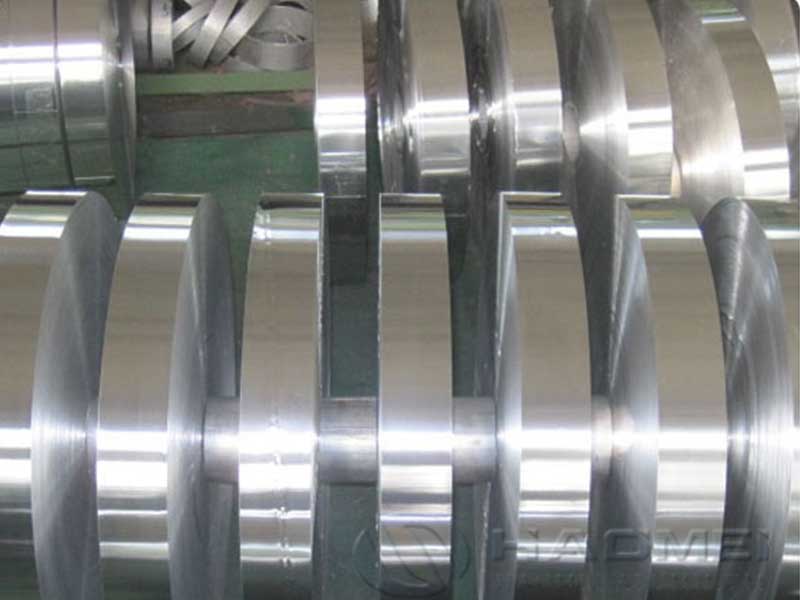
Aluminium Strips
View Details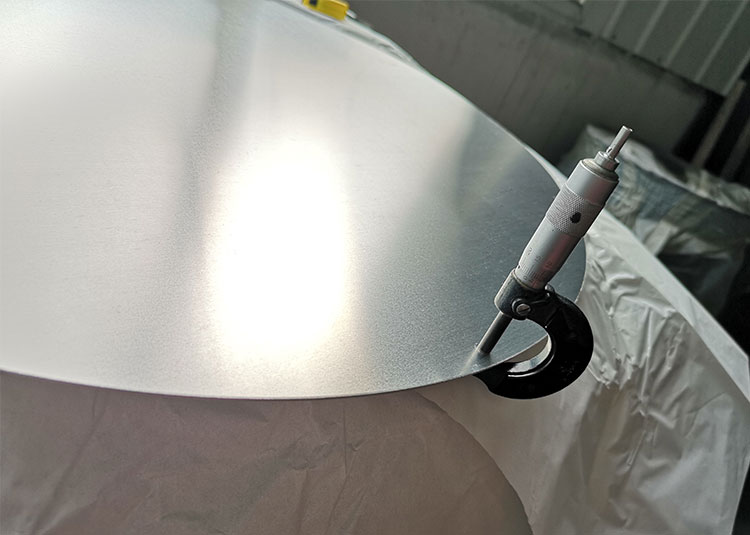
Aluminium Circles
View Details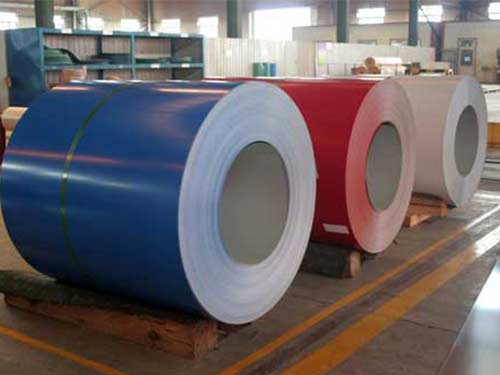
Coated Aluminium
View Details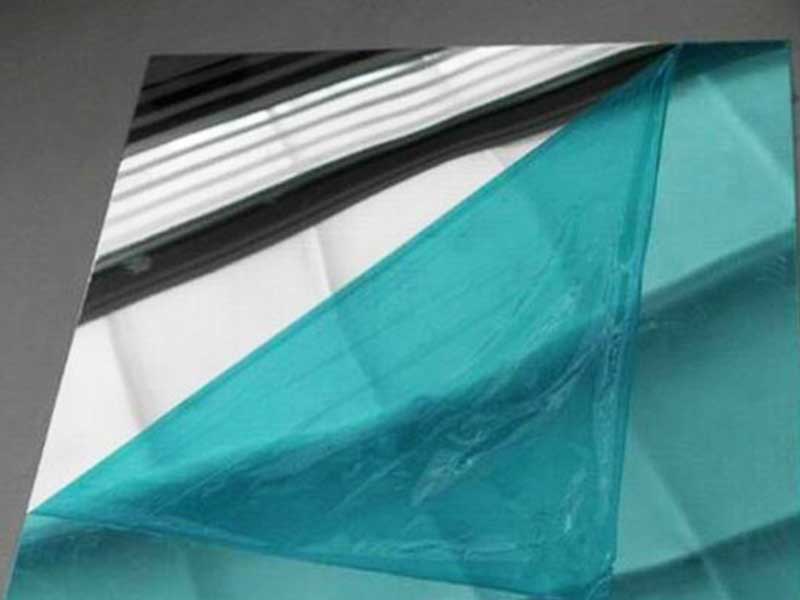
Mirror Aluminum
View Details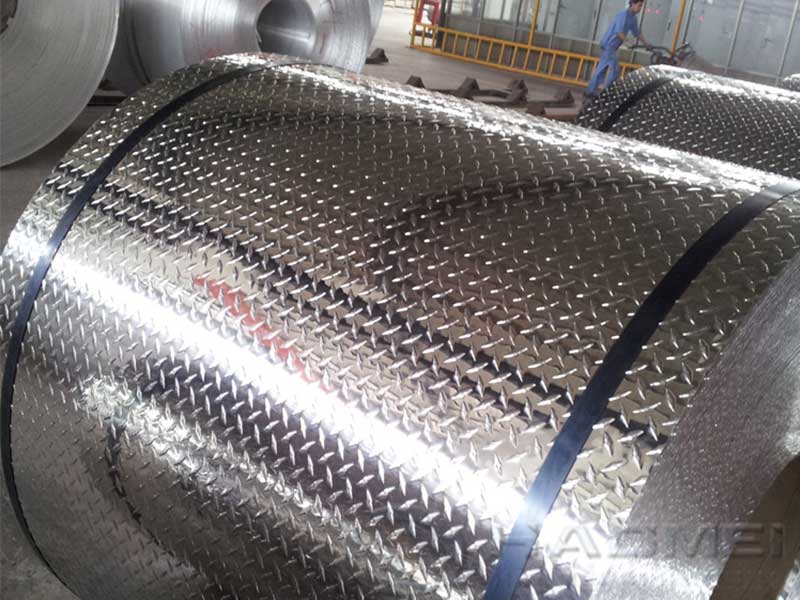
Stucco Embossed Aluminum
View DetailsAluminum
- Thermal insulation aluminium s...
- Aluminum Circle
- Maintenance and maintenance of...
- Transformer foil strip manufac...
- 6082 aluminum plate,6082 alumi...
- 5000 series Aluminum Sheet All...
- 2124 Plate Bar Block
- Al Cu bimetallic sheet
- How to determine the quality o...
- 12 round metal plate
- Anodising Aluminum Coil
- Household Aluminum Foil,alumin...
- 6061 aluminum block
- 5A02 aluminum round bar
- aluminium winding wire supplie...
- Heavy Industries Taxila
- 1070 Aluminium Flat Bus Bar
- Vertical Strip Embossed Alumin...
- 5182 Aluminum Block
- 2024 T351 aluminum alloy plate...